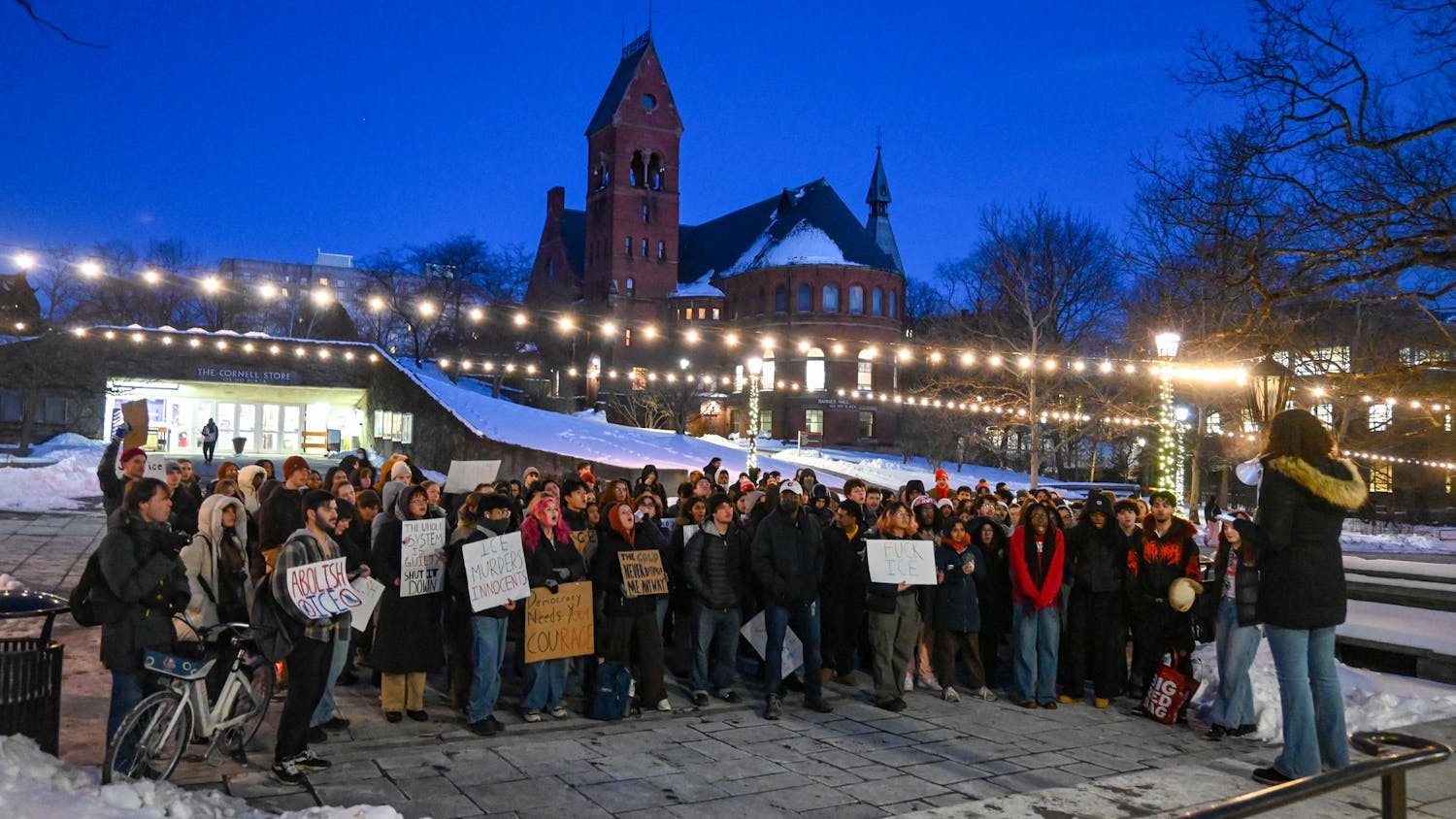During the move to virtual instruction, Jewish students remaining on campus will not be without their matzah and wine.
Cornell organizations such as Hillel and Chabad have worked to provide local students, as well as those scattered throughout the nation, with food and resources to maximize their Passover experience.
The week-long spring festival, which started Wednesday evening, is generally spent with loved ones sharing meals, including the ceremonial feast called Seder.
Rabbi Ari Weiss, executive director of Cornell Hillel, explained that Hillel is learning to do what it has always done for students, but “a little differently.”
“Connecting with students is part of our DNA,” Weiss said. “We just had to change the medium.”
Three weeks ago, Hillel launched daily virtual programs on Zoom and Instagram Live for Jewish learning, prayer and cultural celebration. The organization has also been offering programs in cooking instruction and yoga.
“Some students have suffered a loss in their family,” Weiss said. “We have been that pastoral presence. We have been able to process with them, and we have found that the students are unbelievably resilient.”
Hillel is now providing Passover food and resources to Jewish students still in Ithaca, and is offering live Passover cooking classes and do-it-yourself Seder workshops throughout the week of the holiday.
Rabbi Hayley Goldstein, of Hillel’s Base Ithaca, thought this unusual circumstance could be “an amazing opportunity for [students] to find their unique voice as leaders.”
“It is a time that people are being forced to step into leadership in ways that they haven’t before,” Goldstein said, referring to students celebrating Passover in a more isolated sense.
Rabbi Eli Silberstein, director of Chabad, said that after discovering that Cornell’s kosher dining halls would not provide options for Jewish students as dining services shrunk, Chabad “sprung to action.”
The organization plans to provide meals to over 100 students locally for Passover and Seder — which have more restrictive kosher requirements, like the exclusion of any leavened products — and will ship matzah and wine to students across the nation.
Chabad uses Zoom to stay in touch with students to provide mental, psychological and spiritual support. Silberstein also conducts virtual sermons via Zoom.
“We talked about ideas on how to lift our spirits in times when the circumstances seem to be dictating the opposite,” Silberstein said about the decision to maintain online communities.
According to Silberstein, the message of Passover, which commemorates the liberation of the Israelites from slavery after 10 plagues, is universal — especially during the COVID-19 pandemic.
“It is as if we are being stripped of the resources of happiness and freedom,” Silberstein said, but actually, he believes just the opposite. “We are immensely undervaluing the rich resources we have within ourselves.”
For a change, Silberstein said that people are now forced to be alone with themselves and question whether there is a truer, more authentic form of happiness within, suggesting that everyone has “some value that they can tap into.”
“We have been so distracted by the world around us that we have always looked for happiness in some artificial resource which comes and goes,” Silberstein said. “Freedom is etched deep inside of us.

Reenvisioning Passover, Cornellians Celebrate Online
Reading time: about 3 minutes
Chabad distributed Seder kits to Jewish students still in Ithaca to celebrate the first night of Passover.
Read More










